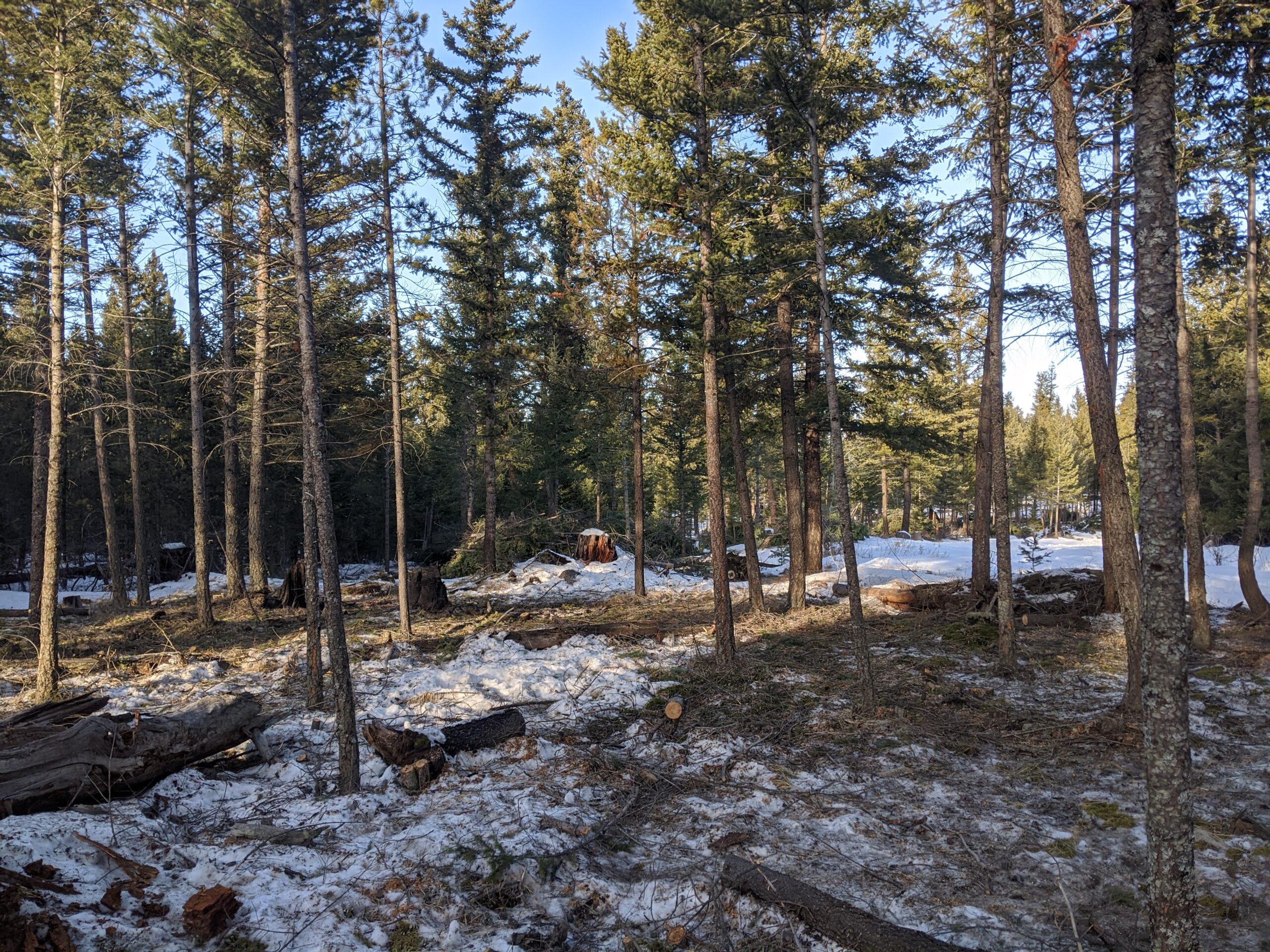Big Bar Lake, B.C. – Zanzibar Holdings Ltd. and the community of Stswecem’c Xgat’tem First Nation (St-wet-lem hight-lem) (SXFN) have partnered to reduce wildfire risk to the rural communities of Big Bar Lake with funding support from the Forest Enhancement Society of BC (FESBC).
FESBC provided close to $625,000 toward two projects in the Cariboo region, both of which are nearing completion and are focused on reducing wildfire risk in forested areas near Big Bar Lake, which is located approximately 40 kilometres west of Clinton, B.C. The areas were identified as priorities for wildfire risk mitigation by the 100 Mile House Resource District.
The joint project with SXFN (formerly Dog Creek Indian Band & Canoe Creek Indian Band) has provided employment for local crews for the last two years. Crews have been creating a series of landscape-level fuel breaks to help reduce the intensity and rate of spread of any approaching wildfire and provide a safer point of attack for firefighters if a wildfire occurs. The treatments include:
- removing accumulations of forest fuels (e.g. wood waste, vegetation and other flammable material)
- decreasing the number of trees
- pruning other trees, from the ground up to shoulder height, to remove “ladder fuels” (e.g. low branches that could allow a fire to spread into treetops)
- clearing away ground fuels by gathering them into piles and burning them
“There is tremendous potential for a significant wildfire to come through the area close to the community of Big Bar Lake,” said Bill Layton, RPF, senior forester with Zanzibar Holdings Ltd. “Depending on a fire’s behaviour and the site conditions, the fuel breaks that we’re working on would do a lot to stop a fire’s progress from the northwest and southeast.”
The width of the fuel breaks ranges from 100 to 300 metres in strategic areas around Big Bar Lake, and they total more than three kilometres in length.
“Wildfire risk mitigation treatments are quite intensive and can be very costly. FESBC funding is critical to being able to complete this work.”
BILL LAYTON, RPF, SENIOR FORESTER, ZANZIBAR HOLDINGS LTD.
The Big Bar Lake area is a relatively dry and cool ecosystem with stands ranging from even-aged juvenile pine to multi-layered Douglas-fir dominated forest with dense understory. Future treatments such as low-intensity prescribed burns or cutting of new growth will be required in the area to ensure the objectives of the fuel break are maintained.
“These projects are a great example of proponents working with their partners and staff from the 100 Mile House Natural Resource District to help protect a rural community from the threat of a wildfire, to support the District in achieving its wildfire risk mitigation priorities, and to provide employment opportunities to local forestry workers,” said Ray Raatz, RPF, Operations Manager, FESBC. “This project is a triple win for British Columbians as it has helped create positive social impacts, employment, and greater resiliency in one of our most significant natural resources: our forests.”
To Arrange an Interview with FESBC or Zanzibar Holdings Ltd.:
Aleece Laird, Communications Liaison
communications@fesbc.ca | 250.574.0221

